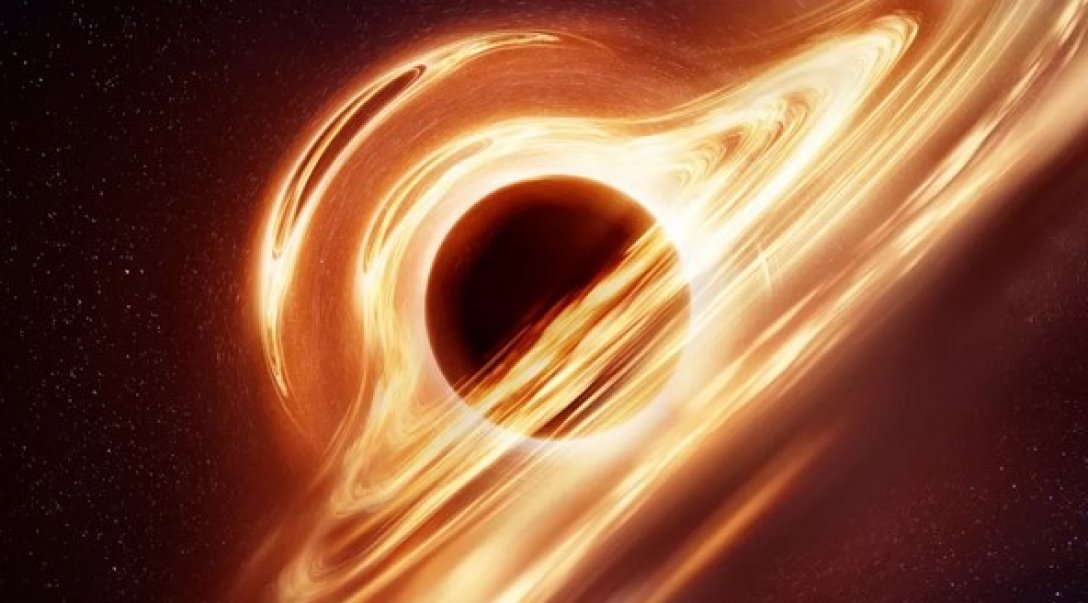Black holes are disappearing: how this happens and why it poses a challenge for physicists.
The renowned scientist Stephen Hawking, using principles of quantum physics, proposed that while nothing can escape the event horizon of a black hole, these objects can actually emit particles. Consequently, over a long period, black holes can shrink, evaporate, and possibly even explode, ultimately disappearing. Hawking's assertion has sparked decades of debate among physicists. The theory that black holes evaporate contradicts two fundamental principles of physics: general relativity and quantum mechanics, as reported by Live Science.
Physicists continue to debate the mechanisms behind black hole evaporation and its implications for their disappearance. However, in recent decades, potential explanations for this process have emerged, challenging the fundamental laws of the Universe. According to Daniel Harlow from the Massachusetts Institute of Technology, USA, physicists now have a much better understanding of black hole evaporation than they did 50 years ago. Nevertheless, some mysteries remain, as no one has directly observed this process yet.
How do black holes disappear?
Albert Einstein predicted the existence of black holes in 1915 through his general theory of relativity, which explains how gravity is a property of the curvature of space-time. According to this theory, black holes are extremely dense objects with a very large mass. Their gravity is so strong that even light that crosses the event horizon cannot escape. Anything that falls into a black hole gets compressed into a singularity, where the known laws of physics break down.
Stephen Hawking suggested that not all particles are necessarily absorbed by a black hole. In quantum mechanics, ordinary particles and antiparticles can appear and disappear. When such particles collide, they annihilate each other. Hawking believed that fluctuations in the fields at the event horizon of a black hole mean that particles and antiparticles do not always annihilate each other. One particle from a pair may fall into the black hole while the other escapes. Thus, these particles are emitted as radiation now known as Hawking radiation. As more particles are released into space, black holes begin to lose energy and mass, ultimately disappearing, according to Hawking.

However, the process of a black hole's disappearance is incredibly slow. For example, if a black hole has the mass of the Sun, it would take about 10 to the power of 67 years to completely evaporate, which is longer than the current age of the Universe (13.8 billion years). As mentioned earlier, physicists have yet to see direct evidence of Hawking radiation, so research in this area continues.
The black hole paradox
The existence of black hole evaporation has led to the emergence of the black hole information paradox, or Hawking's paradox. If black holes evaporate and vanish, then the particles they leave behind do not carry information about the original state of matter. This violates a fundamental concept in physics, which states that a system at one moment in time must determine or reflect its state at another moment in time.
Physicists are still attempting to resolve the black hole information paradox. According to Harlow, any solution to this paradox requires abandoning different key principles of physics.